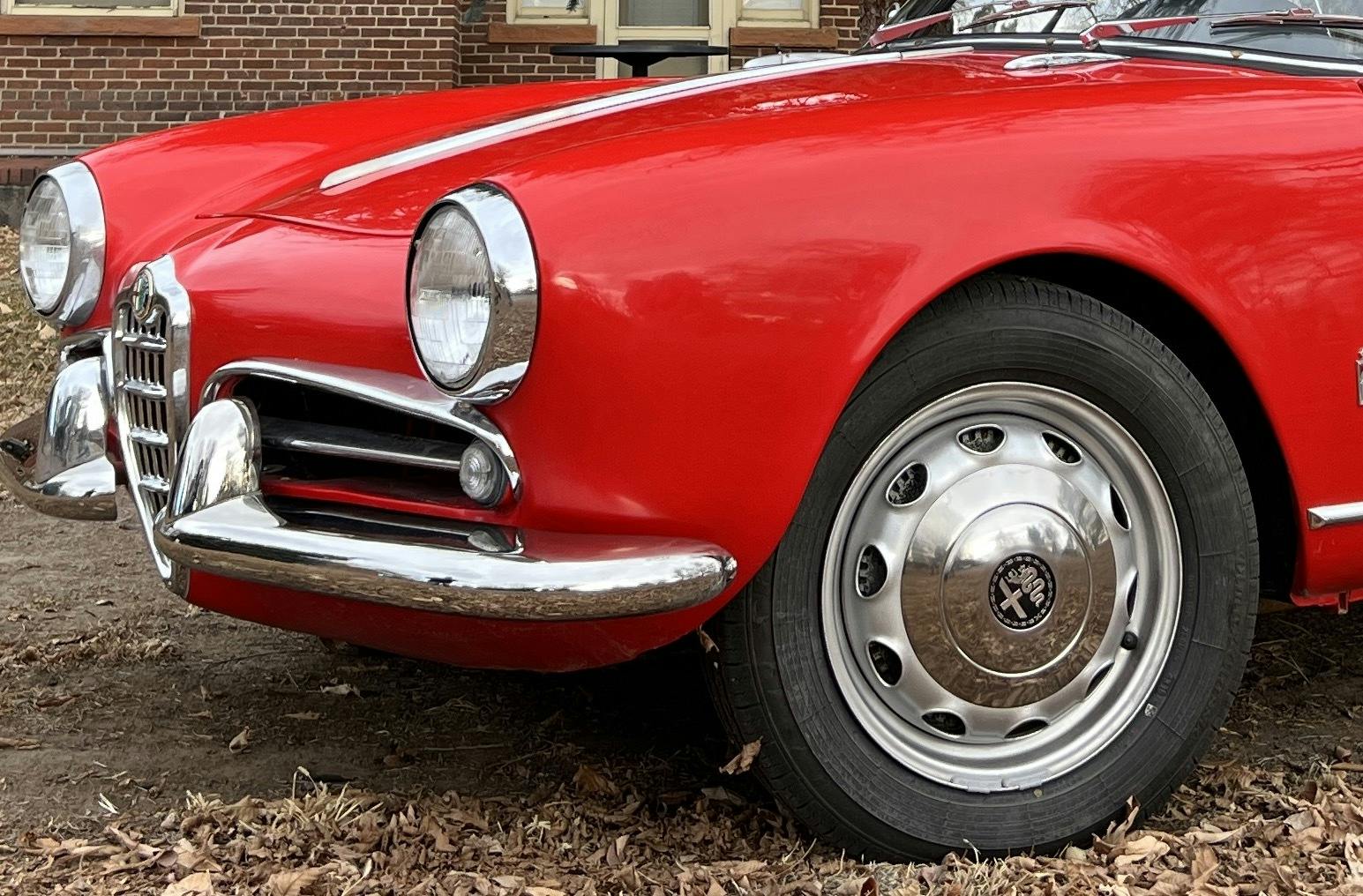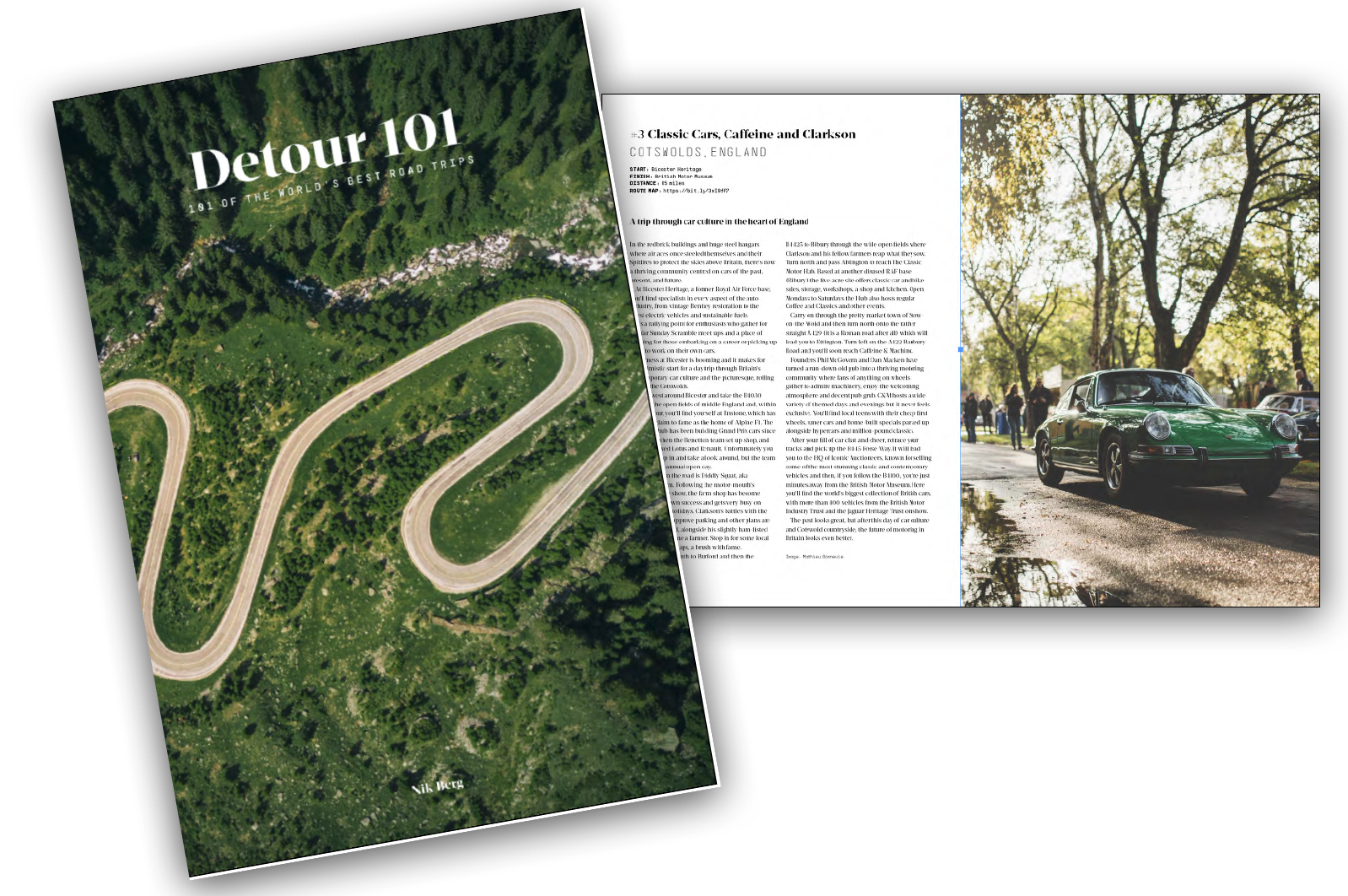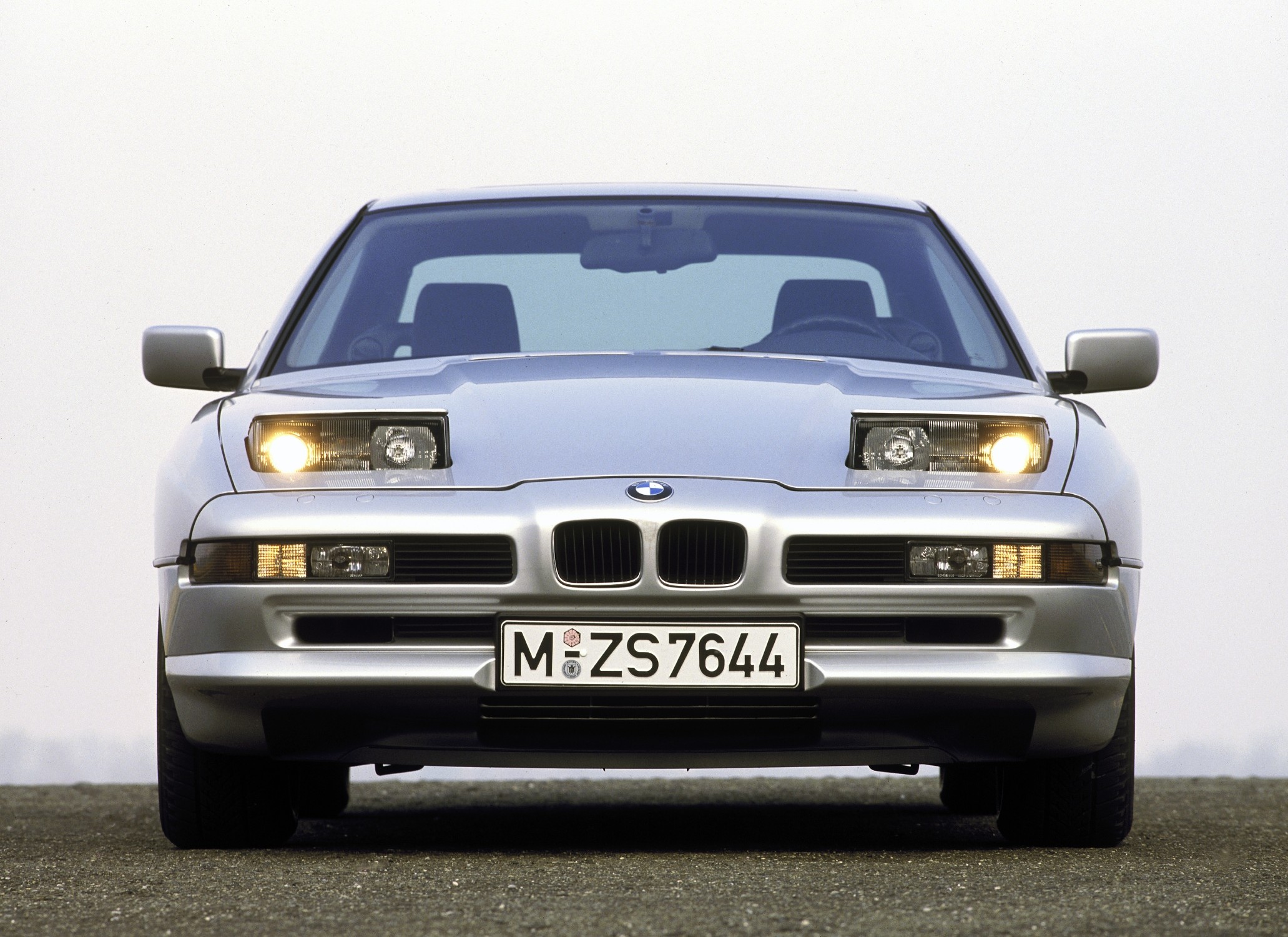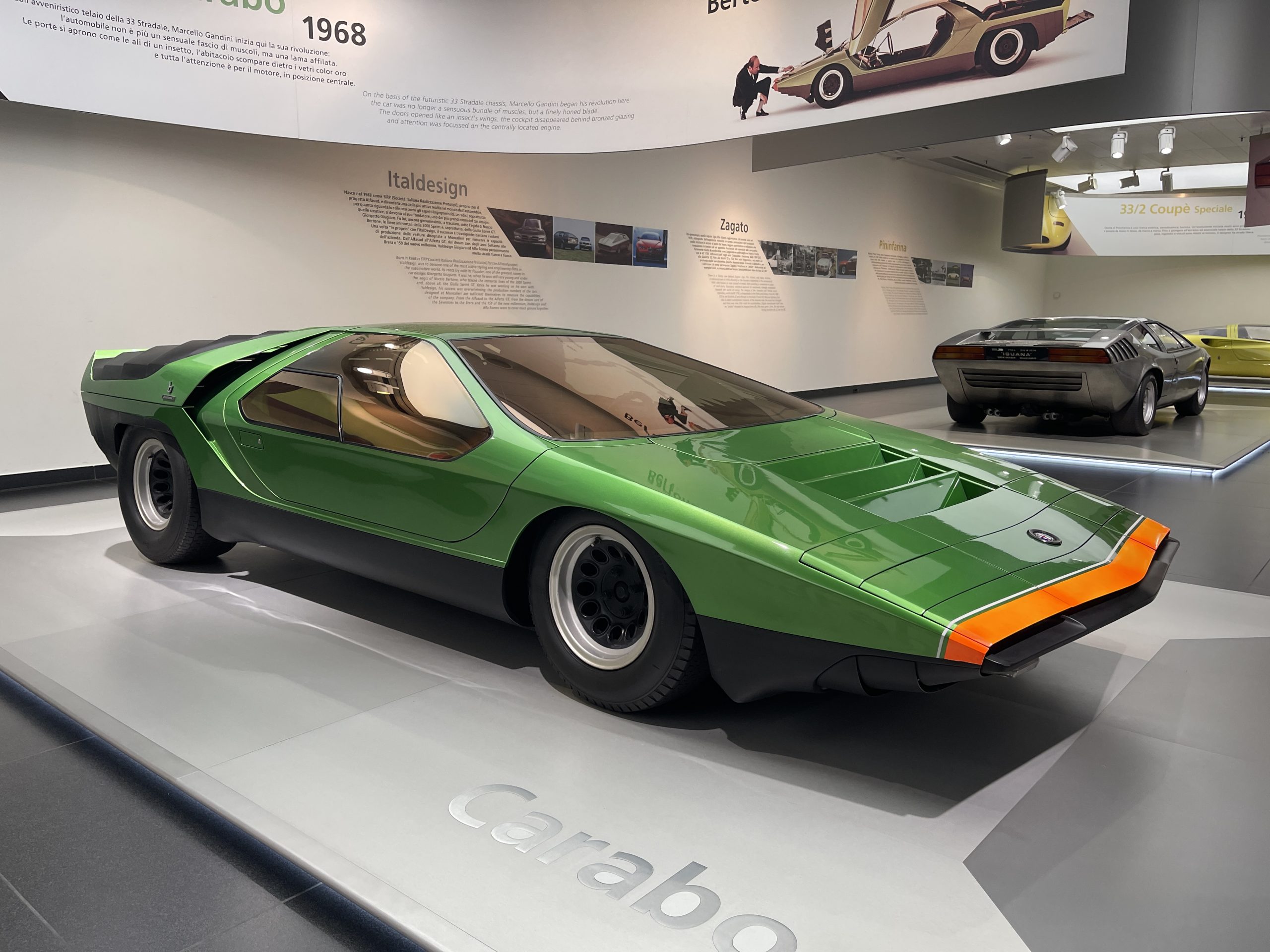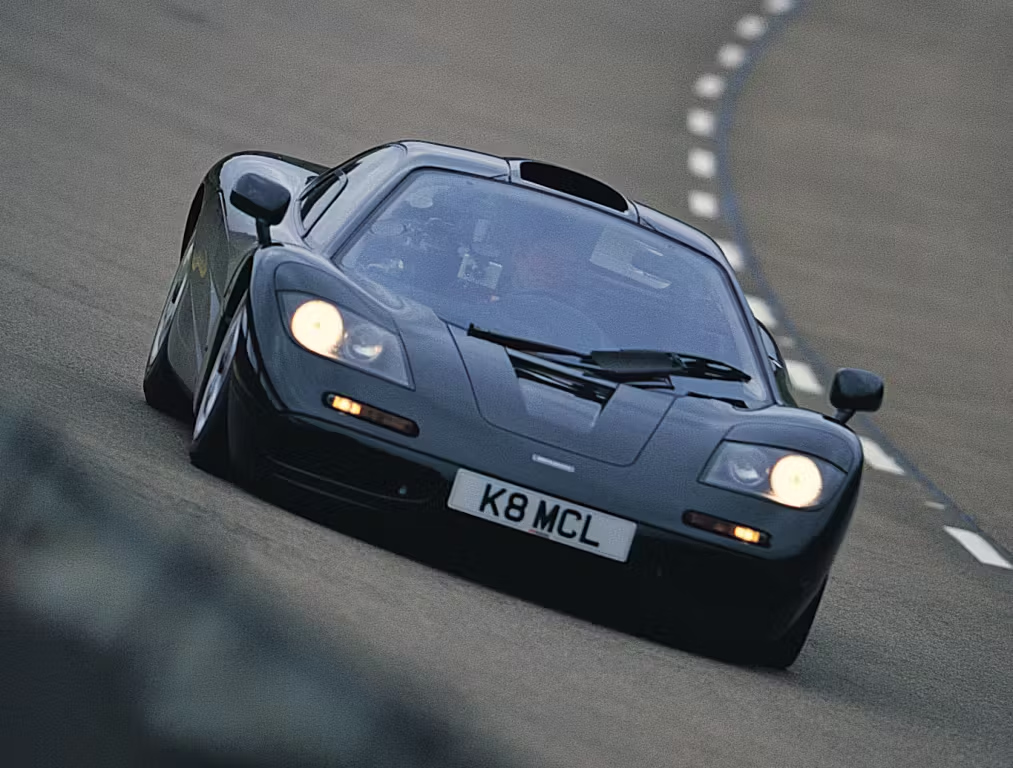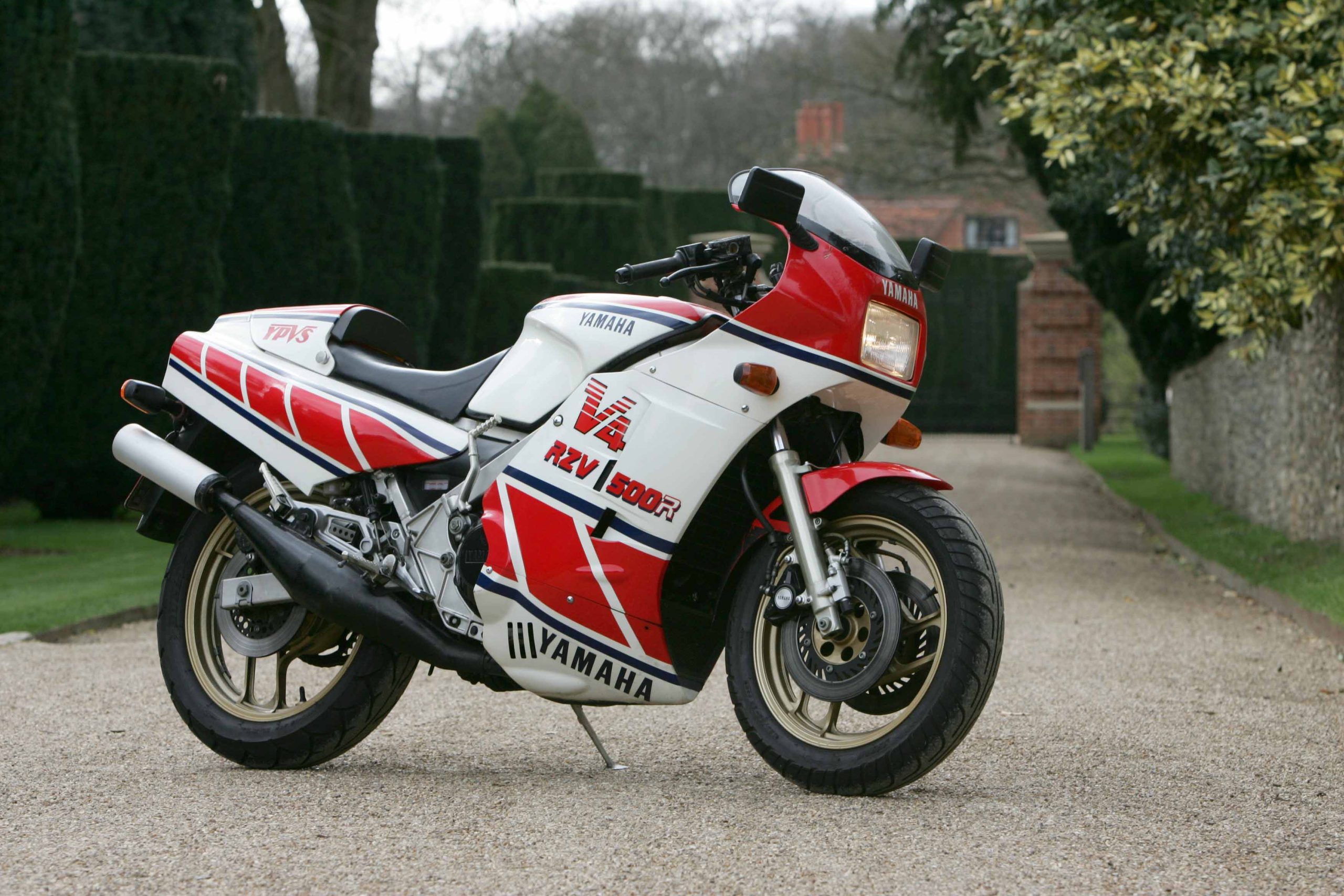For many classic car buyers, originality is of utmost importance. Which is why a rare car without its original factory engine can lose a significant chunk of its value – and that’s why it pays to preserve any evidence of the vehicle’s authenticity.
Lots of the value of a rare American muscle car, for example, comes from its just-right combination of options that sets it apart from its similar but less exciting brethren. There are dozens of ways to help determine if a car that appears to be a rare, potent version of a muscle car is what it claims to be, and the focus of many of those tests comes down to establishing whether or not the engine is the original one installed by the factory.

If you do have the correct, original engine in your car but mileage or a part failure means that a rebuild is necessary, keeping the original engine and its all-important identifying marks should be a priority, because even if you’re inclined to be relaxed about such things, the next prospective buyers of the car may be sticklers for originality.
Many manufacturers stamped identification numbers on the drilled lip of the oil sump, or on a separate boss machined specifically for the purpose, but some car makers would use the surface of the cylinder head block.
The problem with that is that besides boring the cylinders for new pistons and align-boring the crank journals, milling the block’s surfaces to be parallel to the crankshaft centreline is one of the major processes a machine shop will take to prep for a rebuild.
Factory tolerances weren’t perfect in the ’60s and ’70s, and even when they were tight, decades of heat cycling can cause blocks to become out of alignment. Milling the face of the cylinder block ensures the heads have a flat surface to mount to and helps ensure every cylinder operates with the same compression ratio and valvetrain clearance. However, removing even a few thousandths of an inch off the deck surface could mean erasing any evidence of – you guessed it – those valuable identifying marks.
This video from Jim’s Automotive Machine Shop, based on the outskirts of Denver, Colorado, in America, goes over the intricacies of reworking a numbers-matching block to preserve the stampings, starting by cutting the shorter of the two faces as little as possible to achieve a flat and true surface and then cutting the other face to match. When machining a face without stampings, the mill can be left to feed across the entire surface, but to preserve the numbers, the process is stopped short and the block is traversed so that the large cutting head passes over the entire gasket surface. That ensures an even clamping surface for the gasket while leaving the numbers intact.
“This is a process that not everyone needs to worry about, but when it matters, it matters,” said Davin Reckow, Hagerty’s master engine builder. “Since keeping that stamping is extra work, be sure to discuss this with your machine shop before handing over the block for machining to ensure that it doesn’t accidentally get cut off before you can say something.”
So, as Reckow noted, before you have any machine work done, know where the important stampings are on your engine and make sure your machining specialist does too. That way, they’ll keep everything intact with just a bit of extra care and effort.
Via Hagerty US
Check out the Hagerty Media homepage for daily news, features, interviews and buying guides, or better still, bookmark it.

